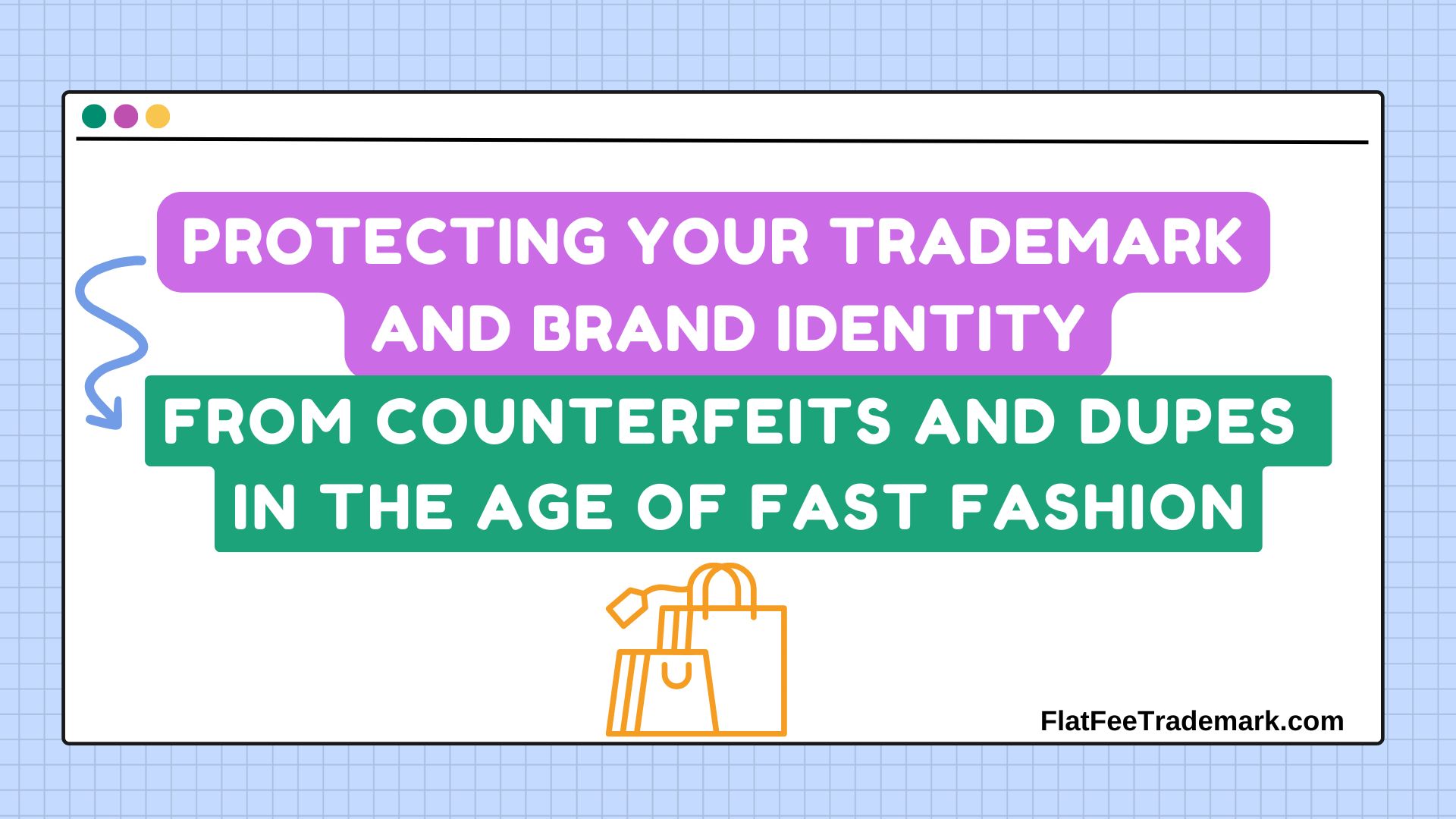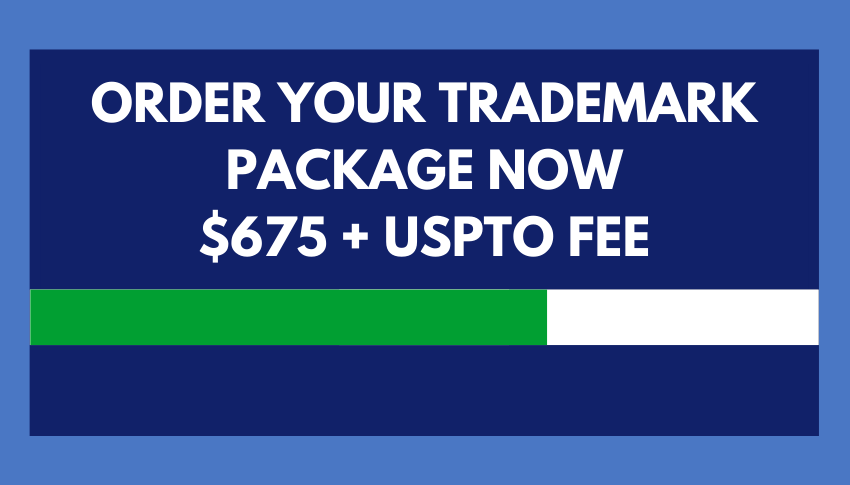Trademark Protection in the Age of Dupes, Fast Fashion, and Online Marketplaces
As a trademark attorney with more than 20 years of experience, I’ve worked with entrepreneurs at all stages of business, many of whom don’t realize just how vulnerable their brands are in today’s digital-first, trend-driven economy. With the rise of fast fashion, the viral spread of “dupe culture,” and the proliferation of unauthorized sellers on platforms like Amazon, the risks posed to unprotected or under-protected brands are multiplying.
Let’s take a closer look at how these modern threats impact brand owners and why comprehensive trademark protection is no longer a luxury, but a legal necessity.
Fast Fashion & the Erosion of Brand Identity
Fast fashion has always operated on speed and imitation. But in recent years, companies like Shein, Temu, and other ultra-fast fashion retailers have drastically reduced the time it takes to identify, copy, and mass-produce trending designs. Emerging brands – particularly in fashion, beauty, and lifestyle – are often the targets of this rapid-fire duplication.
Even when these companies don’t directly copy a logo, they may replicate the overall look and feel of a product, its color scheme, slogan, or trade dress. This creates consumer confusion, which is the core harm trademark law is designed to prevent. For brand owners, the damage can be significant: loss of revenue, harm to the brand’s reputation, and a diluted brand identity.
Without a federally registered trademark, your legal options for stopping these types of infringers are limited and often ineffective.

The Rise of “Dupe Culture” on Social Media
Social media platforms like TikTok and Instagram have normalized and monetized the concept of the “dupe,” a cheaper alternative to a popular, often trademarked product. While influencers often frame these videos as helpful tips for budget-conscious consumers, the underlying impact is more troubling.
Brands like Stanley have seen their viral tumbler copied en masse. In some cases, infringers use nearly identical branding, product design, or even product names to capture unknowing consumers. This blurs the line between lawful inspiration and actionable infringement.
From a legal standpoint, this is where distinctiveness and secondary meaning come into play. A strong trademark – usually one that is arbitrary, fanciful, or suggestive – receives broader protection under the Lanham Act. If your brand name or trade dress has acquired distinctiveness, and it is being used to sell confusingly similar goods, you may have a solid claim for infringement. But only if your trademarks are properly registered.
Amazon, Third-Party Platforms, and Unauthorized Sellers
Amazon and other third-party platforms offer tremendous visibility for growing brands, but they are also hotbeds for counterfeiting and unauthorized resellers. Bad actors often register domain names or product listings using your brand name, undercut your pricing, and flood the marketplace with inferior goods. This not only affects your bottom line, it could also lead to negative customer experiences associated with your brand.
Amazon’s Brand Registry program is an effective enforcement tool, but it requires a federal trademark registration to participate. With Brand Registry, you gain access to tools that help you detect and report infringing listings, remove counterfeit products, and monitor marketplace use of your IP. Without it, your ability to control how your brand is represented online is significantly limited. Several other third-party selling platforms have introduced similar trademark protection initiatives, including Tik Tok and Walmart.
Legal Tools for Modern Brand Protection
Trademark law is one of the most powerful tools available to combat the modern challenges of duplication and counterfeiting. A registered trademark:
- Establishes nationwide priority and ownership of your brand
- Provides a legal presumption of validity and exclusive use in commerce
- Allows you to enforce your rights through takedown notices, cease and desist letters, and federal litigation
- Enables protection at U.S. Customs and Border Protection (CBP) to block counterfeit imports
- Unlocks access to brand protection programs on Amazon, Meta, and other online platforms
A Proactive, Not Reactive, Strategy
Too many business owners come to us only after they discover a copycat, infringing seller, or viral “dupe” of their product. By that point, it’s often a more expensive and complicated process to repair the damage. Trademark registration is a proactive measure that gives you control and leverage from the outset.
Whether you’re a startup in growth mode or a more established brand expanding into new markets, trademark protection is the cornerstone of a sound intellectual property strategy. In an era where trends move fast and imitation is just a click away, owning your brand rights isn’t optional, it’s essential. For more information on protecting your brand through federal trademark registration, contact us for a complimentary consultation with one of our experienced trademark attorneys.







